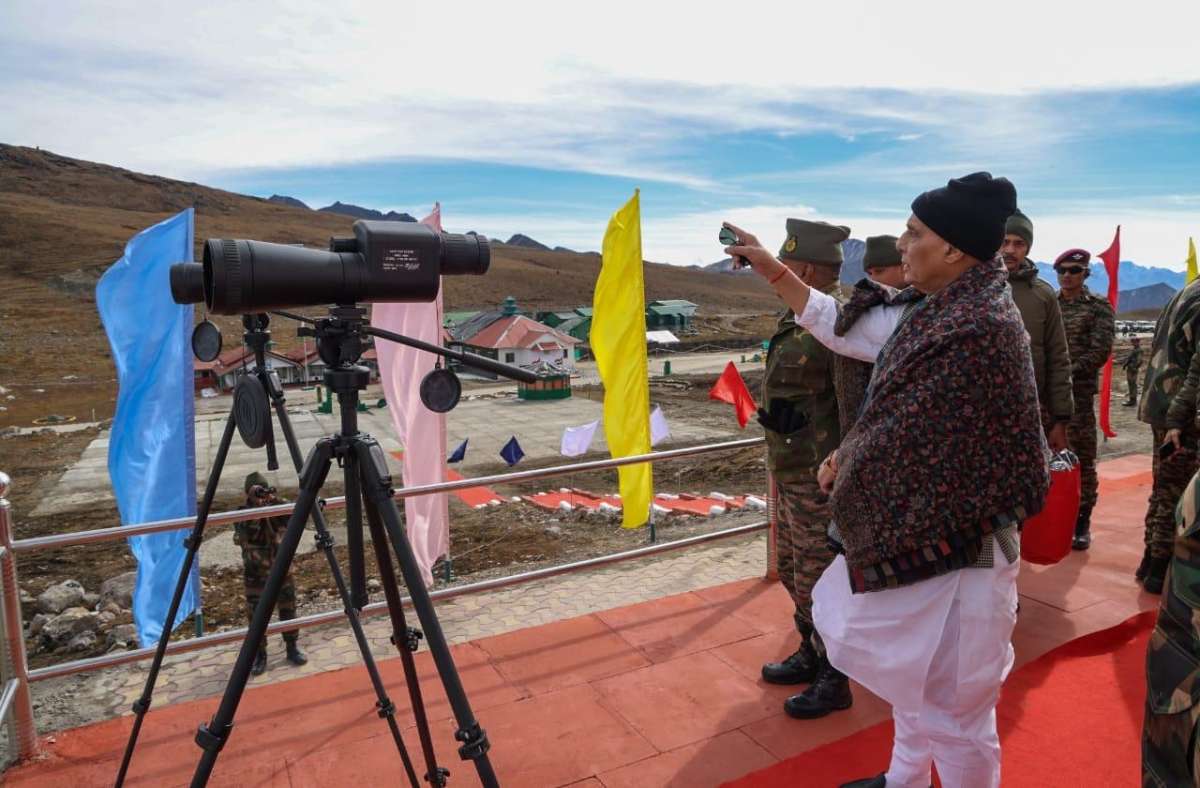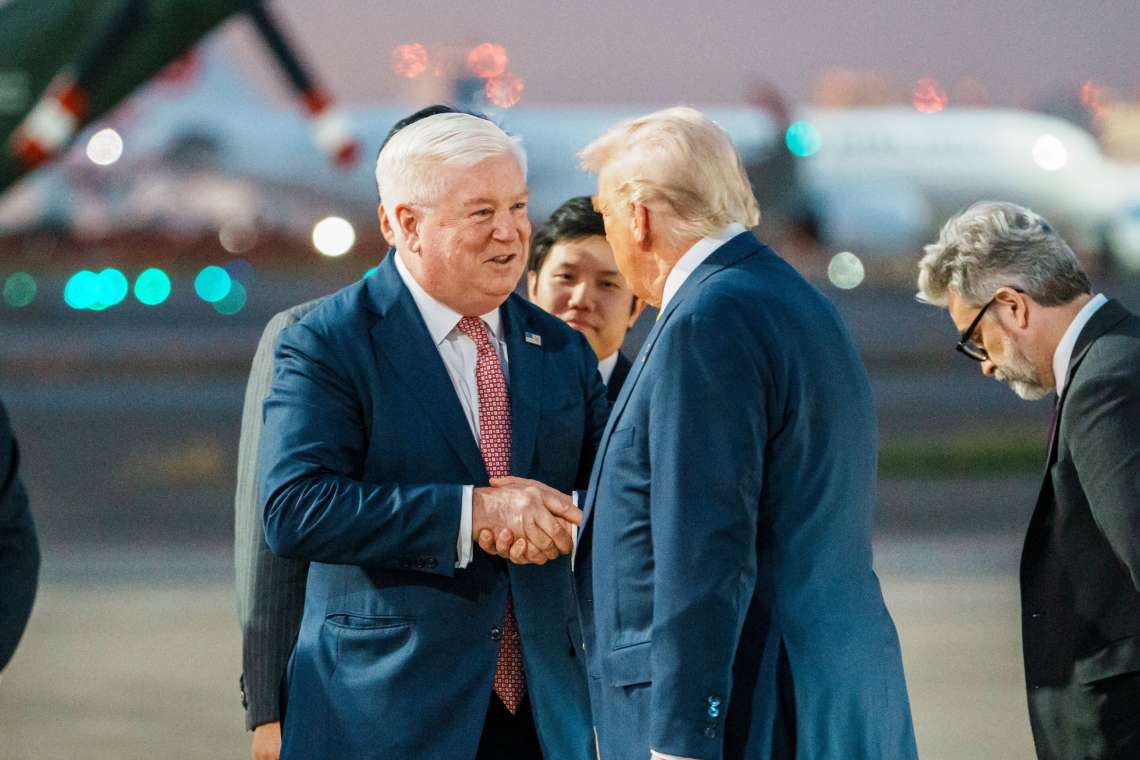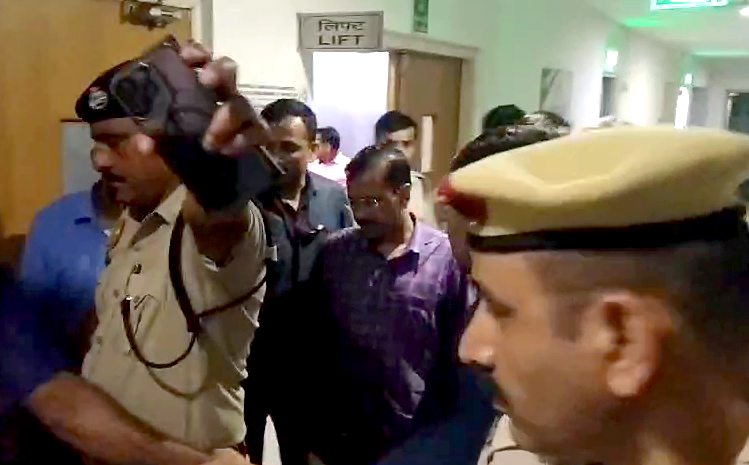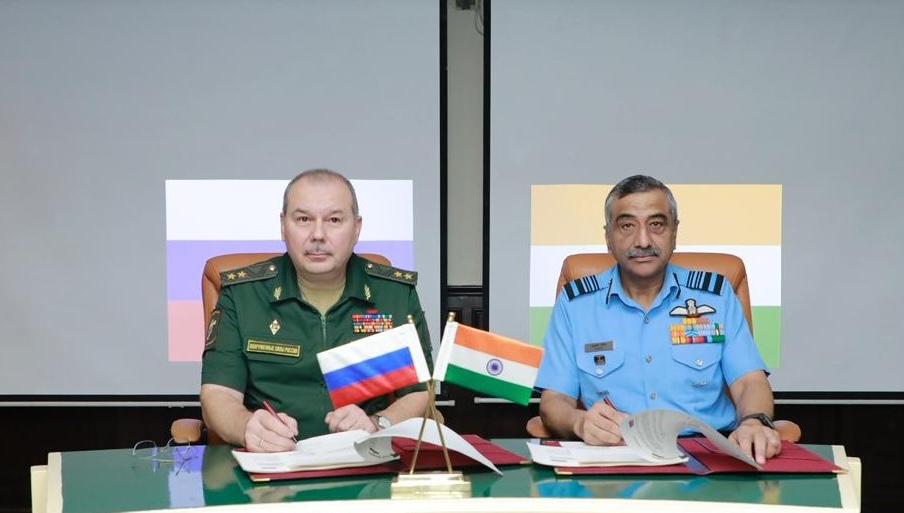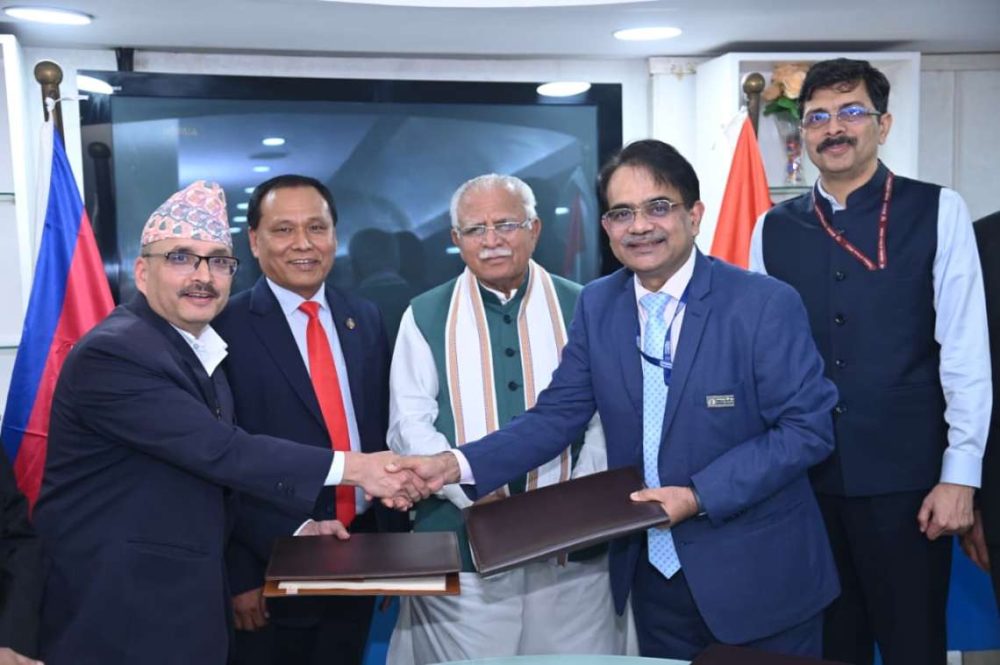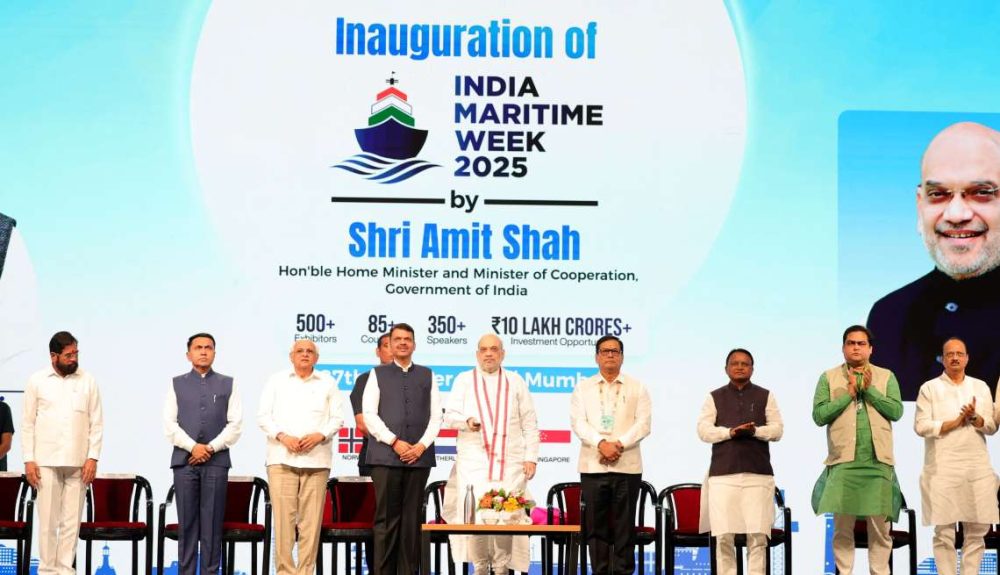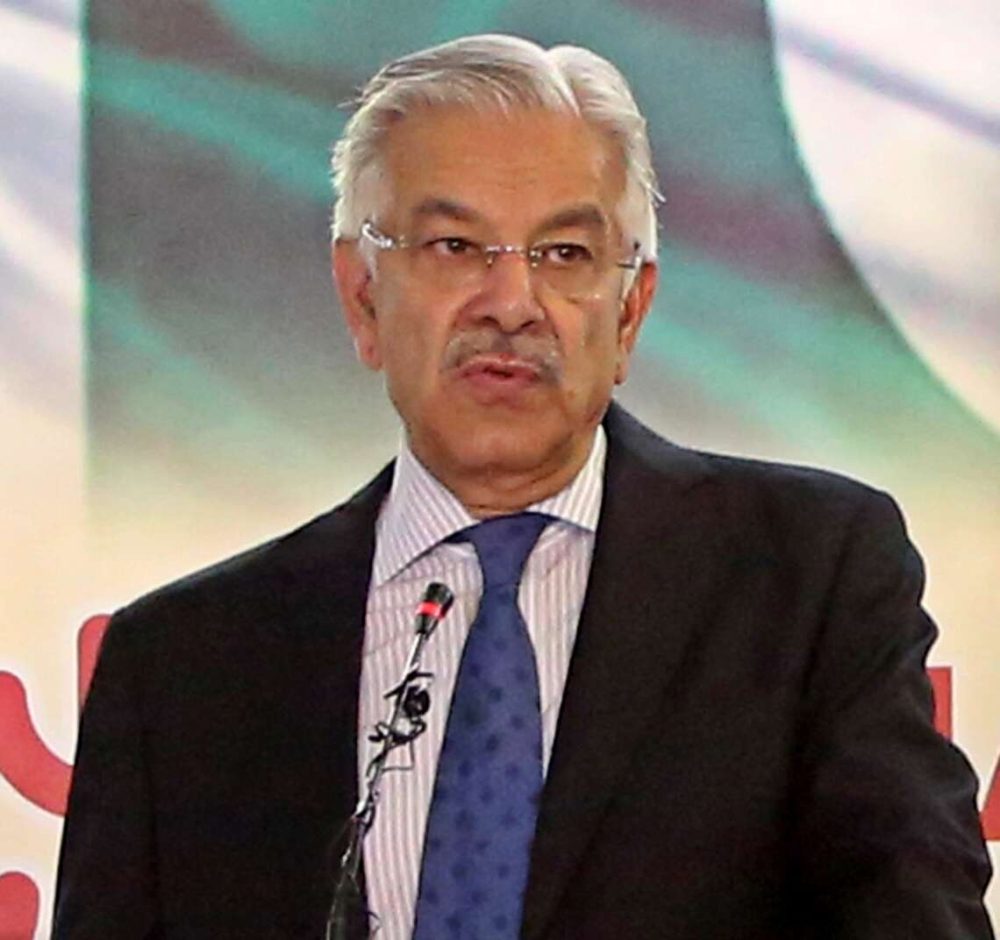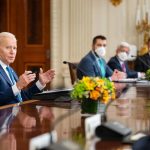India considers Arunachal Pradesh to be an essential part of the country and insists that using different names for the area does not change the fact that it belongs to India, writes Dr. Maheep
In a clear statement on Wednesday, the U.S. State Department confirmed that the U.S. government considers Arunachal Pradesh to be an integral part of India. They went further to express strong opposition to any one-sided actions taken to claim territory within this northeastern Indian state, which borders China. State Department Principal Deputy Spokesperson Vedant Patel, speaking at his daily press conference, observed that the United States recognized Arunachal Pradesh as Indian Territory strongly opposed “any unilateral attempts to advance territorial claims by incursions or encroachments, military or civilian, across the Line of Actual Control.”
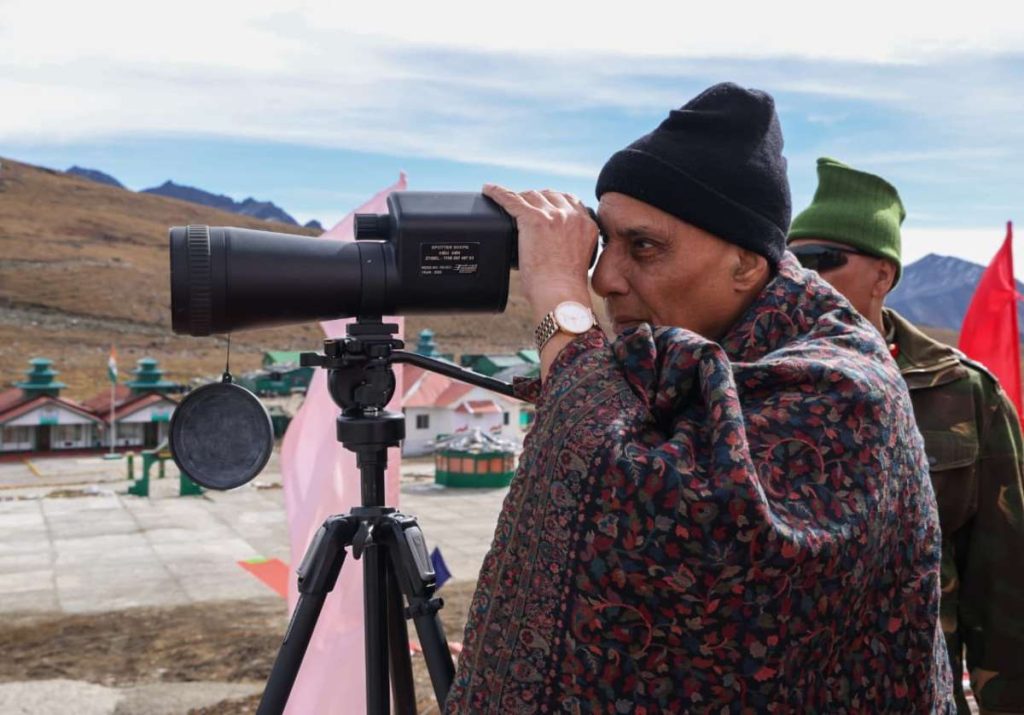
This has been the consistent position of USA on the question for some time now. Earlier in March 2023, the United States Senate passed a bipartisan resolution that recognizes the McMahon Line as the official border between China and Arunachal Pradesh, an Indian state. This resolution signified that the U.S. considered Arunachal Pradesh to be an inseparable part of India. Senator Bill Hagerty, who introduced the resolution, highlighted the importance of the United States supporting India, a strategic partner in the Indo-Pacific region, particularly in light of ongoing Chinese threats.
The recent reaffirmation of India’s stance on Arunachal Pradesh by the United States follows China’s renewed claim to the region after the Indian Prime Minister’s visit. China asserts Arunachal Pradesh as part of Tibet and disputes its status as an Indian state. The United States now unequivocally opposes any Chinese attempts to assert control over the area.
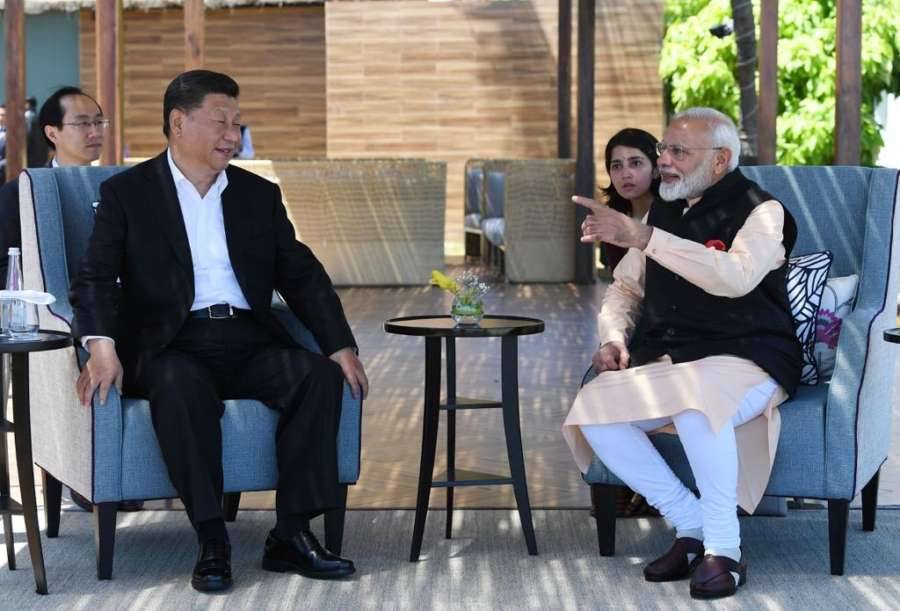
The Indian government had earlier firmly denied China’s criticism of Prime Minister Modi’s trip to Arunachal Pradesh. They emphasized that Arunachal Pradesh has always been and will always be an official part of India. This position has been clearly communicated to China by the Ministry of External Affairs on multiple occasions. Responding to questions from the media about China’s disapproval of Indian leaders visiting Arunachal Pradesh, Randhir Jaiswal, the official spokesperson from India’s Ministry of External Affairs explained that Indian leaders routinely visit Arunachal Pradesh, just like they visit any other state in India. He argued that China’s objections to these visits, or to India’s development projects in the region, defied sense.
China had officially complained to India about Prime Minister Narendra Modi’s visit to Arunachal Pradesh. This complaint stems from Modi inaugurating the Sela tunnel, a key infrastructure project in the region. China, which still refers to Arunachal Pradesh as South Tibet, claimed that India’s actions in Arunachal Pradesh make resolving the border dispute between the two nations more difficult.
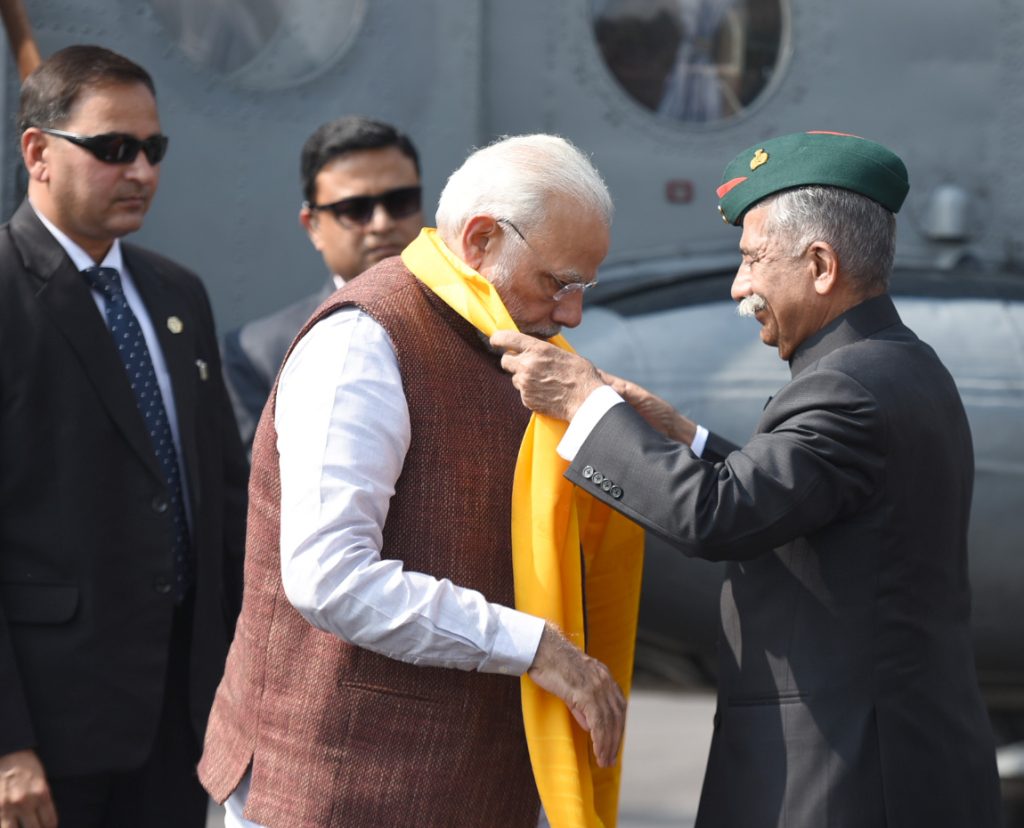
Prime Minister Narendra Modi inaugurated the Sela Tunnel on March 9th. Located at a high altitude of 13,000 feet in Arunachal Pradesh, the tunnel is a game-changer for connectivity. It will provide year-round access to Tawang, a strategically important town near the border. This will also significantly improve the movement of troops and supplies in the region.
China believes this action made it harder to resolve the ongoing boundary disagreement between the two countries. The official statement used terms like “strongly dissatisfied” and “firmly opposed” to describe China’s position on the visit. Chinese Foreign Ministry spokesperson Wang Wenbin claimed India had no right to arbitrarily ‘develop’ Zangnan, which is an alien province. Zangnan is the name China has given to Arunachal Pradesh.
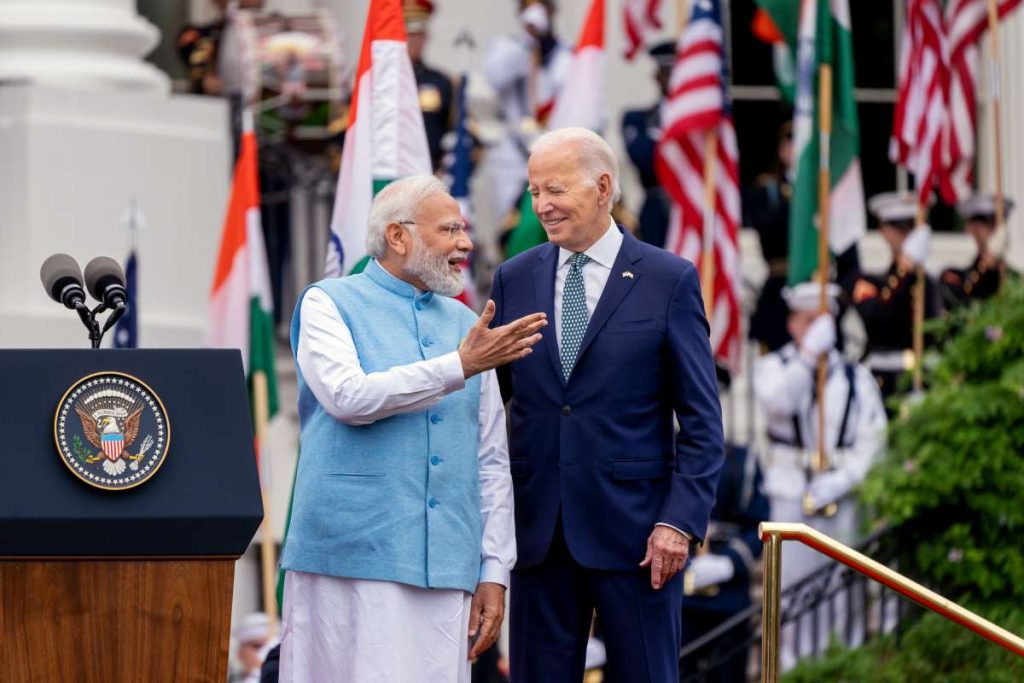
In the past too, China has raised objections to visits by Indian statesmen to the region. However, India considers Arunachal Pradesh to be an essential part of the country and insists that using different names for the area does not change the fact that it belongs to India.
While the Indian government responds to China’s claims on Arunachal Pradesh, some believe China is trying to provoke India and keep tensions high. China’s economy and its Belt and Road Initiative (BRI) are facing challenges, with some countries struggling to repay loans. In contrast, India’s economy and international standing are growing. India avoids directly challenging China’s “One China” policy but also doesn’t fully accept it. India engages with Taiwan and the South China Sea, showing its independence. China’s stock market decline and high BRI debt raise concerns about its economic health. China may need to forgive some debt or accept lower repayments to keep borrowers afloat. This economic pressure, along with a more critical US and a cautious Europe, could weaken China’s position.
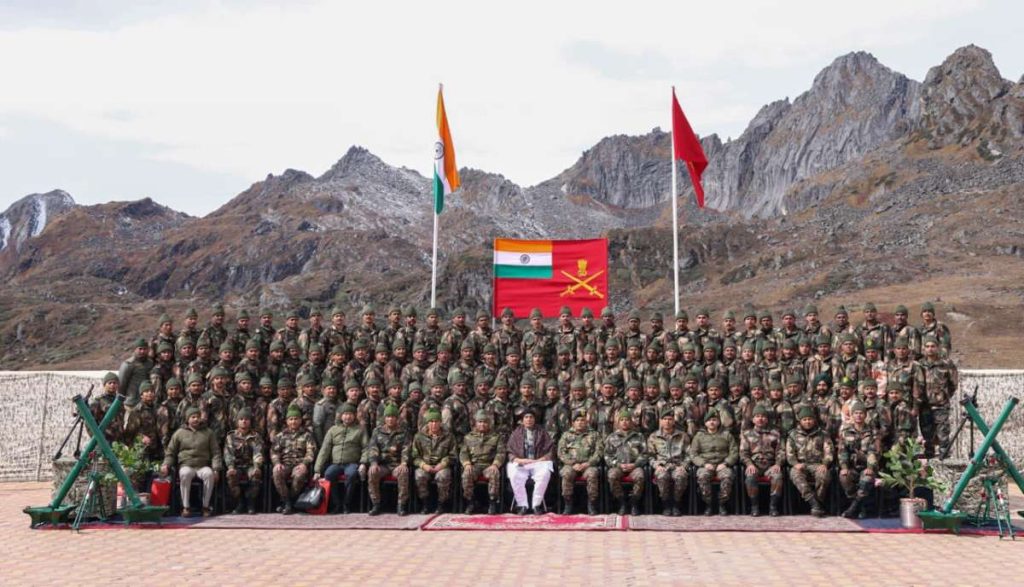
In essence, the recent US endorsement of India’s stance on Arunachal Pradesh signifies international recognition of its integral status within India. This support is coupled with India’s strategic infrastructure developments such as the Sela Tunnel that highlights a growing assertiveness and sovereignty assertion in response to Chinese provocations. China’s economic challenges and global scrutiny further weaken its position while India’s expanding international stature and cautious yet independent engagement signal a shifting regional dynamic. These developments suggest a potential diminishing of China’s influence in the Indo-Pacific region as India strengthens its regional standing and partnerships.
*Dr. Maheep is an analyst of International Relations and Global Politics. He has been teaching and conducting research for over a decade


